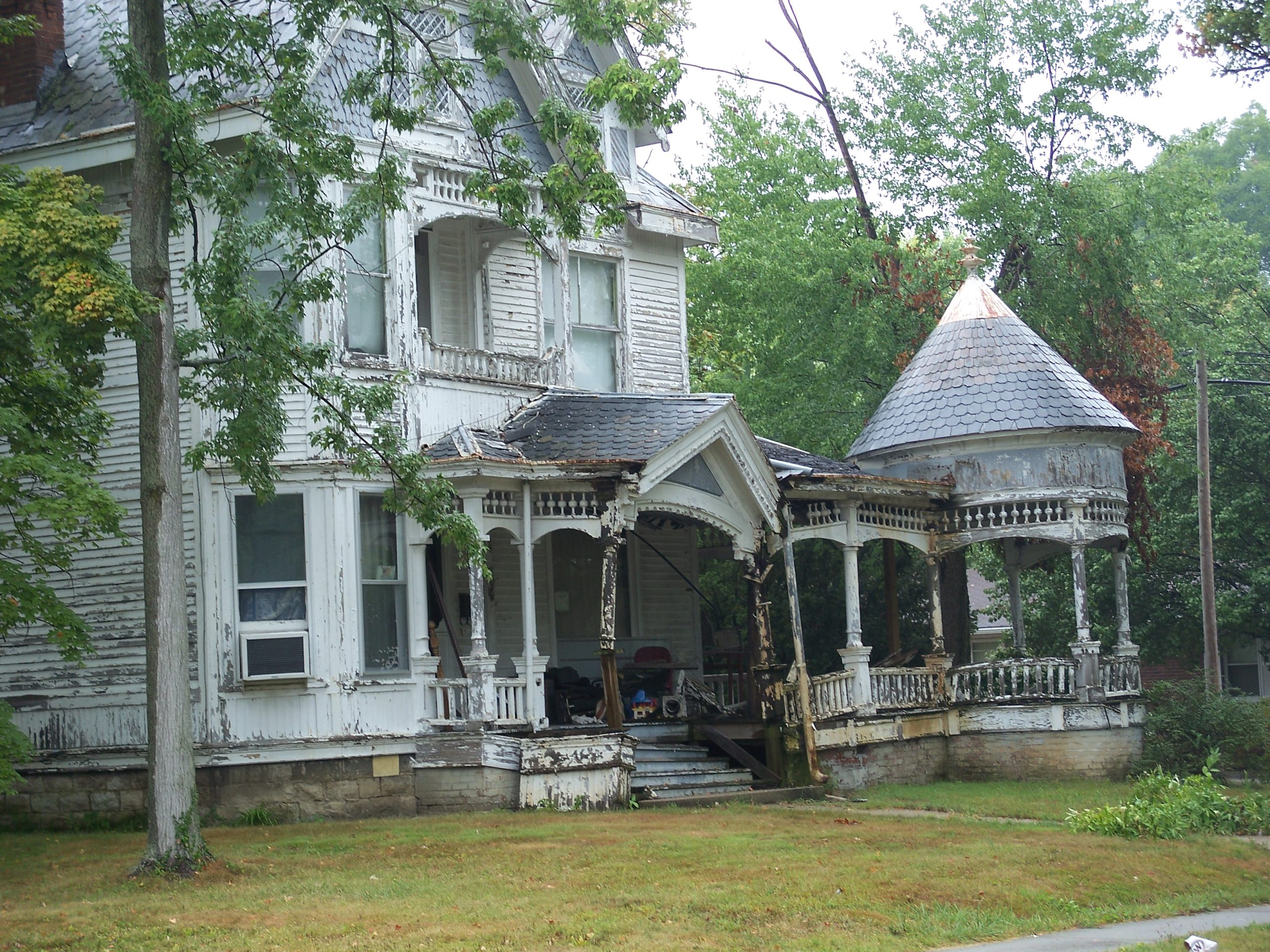2
How do you choose a neighborhood when you don’t live there yet?
As a licensed real estate broker, I can’t tell you where to live. Because if I told Italians to live in the Italian neighborhood and people in wheelchairs to only look at condos, I would be discriminating based on who you are.
Therefore, I give the same advice to everyone:
If you do not know the area, spend some time there.
 In town:
In town:
Do what you normally do. Go grocery shopping, go to a playground, go to a movie, walk through town, and/or go out to dinner. If parks are important to you, then go to the parks, same for libraries, community centers, senior centers, schools, and little league games.
If you do not like being there, you are in the wrong place. It may be that the town has the wrong kind of services for you. It could be that you don’t see the people there as the people you want to live around.
 On the street:
On the street:
Look at exteriors. In any neighborhood, exterior condition says a lot about a homeowner. Generally, the most expensive repairs are on the outside. So, people will delay repainting, deck repair, and window replacement as long as they can. The cosmetic look of a house fails long before the exterior begins to functionally fail, in most cases.
So, deferred maintenance on the outside means that the sellers either don’t care how it looks or don’t have the money to repair simply because it looks worn. A neighborhood with a mix of shabby and new (especially new and fancy) is either a neighborhood on the way up, economically, or on the way down.
Count mailboxes. That’s how you can spot multifamily houses.
 Look for the house that sticks out. If there is a seriously neglected house among otherwise nice houses, that is not unusual. While walking around, hopefully some neighbor will tell you the story. In most places, the house is owned by someone who is down on their luck; frequently the resident is old or disabled. It is up to you whether you would be willing to buy the place next door.
Look for the house that sticks out. If there is a seriously neglected house among otherwise nice houses, that is not unusual. While walking around, hopefully some neighbor will tell you the story. In most places, the house is owned by someone who is down on their luck; frequently the resident is old or disabled. It is up to you whether you would be willing to buy the place next door.
In the schools:
If you want a “good” school, do your homework. The legwork for this task involves participating in parents lists and sites as well as going to a PTO meeting, visiting the school where your child may go, and talking to parents who have children in that school. Watch the behavior of the children and their parents in town. That is the culture your children could grow up in.
